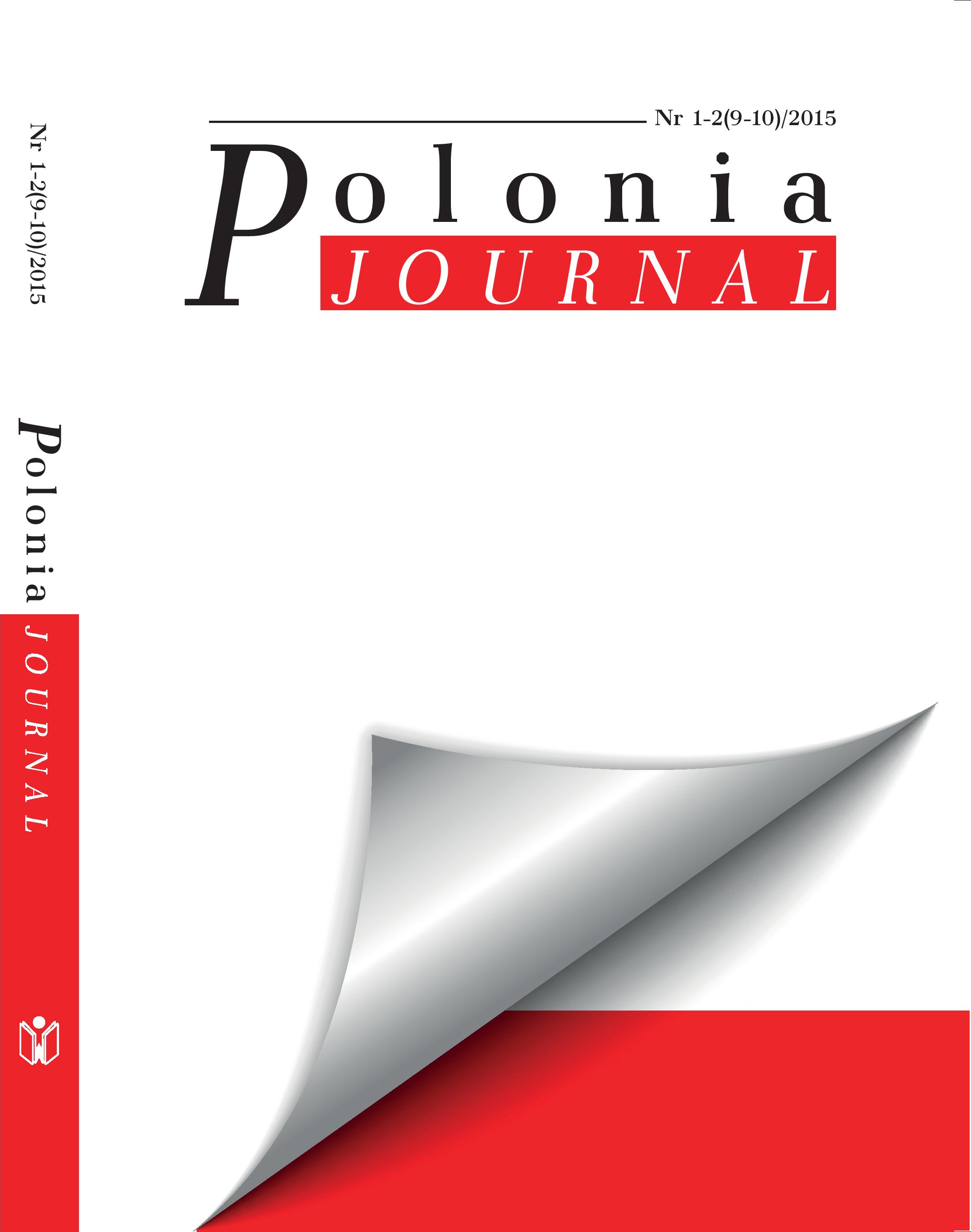Mityczna tożsamość – o kształtowaniu wizerunku nowoczesnych firm
Mythical identity – about shaping the image of modern companies
Author(s): Witold MarzędaSubject(s): Management and complex organizations, Socio-Economic Research
Published by: Wyższa Szkoła Ekonomiczno-Humanistyczna
Keywords: critic of ideology; rhetoric; myth in pop culture; systematically distorted communication
Summary/Abstract: Paper describes problems of sender’s images in online verbal presentations of companies, especially their rhetorical--stylistic structure and ideology that is inscribed in it. Author tries to evolve the strategy of critical reading that starts with a simple question who said that? Effacement of this basic information lead to confusion of critical reader. What companies do while telling stories about themselves is creating their quasi-personal identity in performative acts of speech. Prime function of this performatives is to suggest that company can take the roles characteristic to the human beings. Corporations therefore in their tales pretend to be helpful, careful, trustful etc. Description of this roles is amplified by typical recurred adjectives like undisputed, reliable, deep etc. Besides this adjectives there is characteristic set of superlatives usually connected with nouns that make phrases like best quality, absolute/wonderful services, etc. The consequence of this mechanization of language was described by Roland Barthes as transition between content and form and a theft of speech. This transitions according to Barthes is typical for myths. That is why the next stage of the paper concerns Habermas mythical images of the world and their structure. Author shows that structural strategies of creating mythical images like unification of the language, reification, confusing the categories of person and the forces nature are fit to the online presentation of companies and their ideology. Indicated strategies are aimed at hiding the economic motivation of corporations and trying to ascribe employee to enthusiasm for work that is independent of economical motives.
Journal: Przegląd Polsko-Polonijny
- Issue Year: 2015
- Issue No: 01+02
- Page Range: 113-144
- Page Count: 32
- Language: Polish

